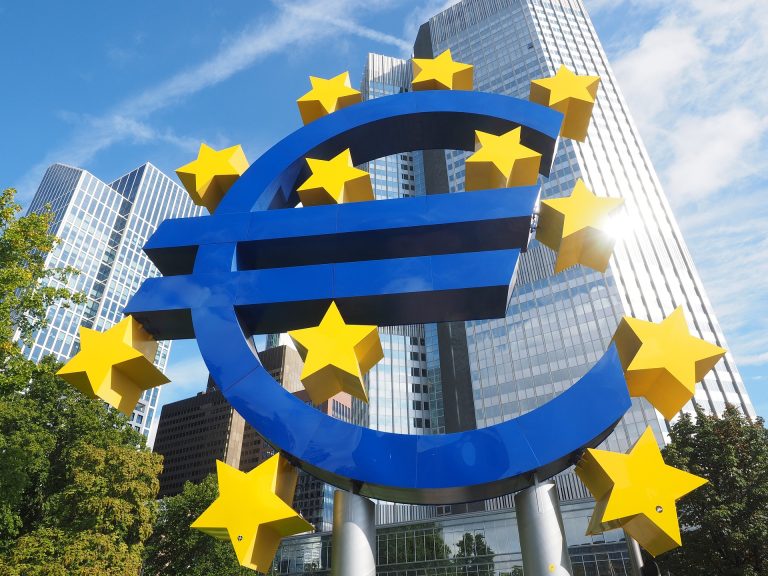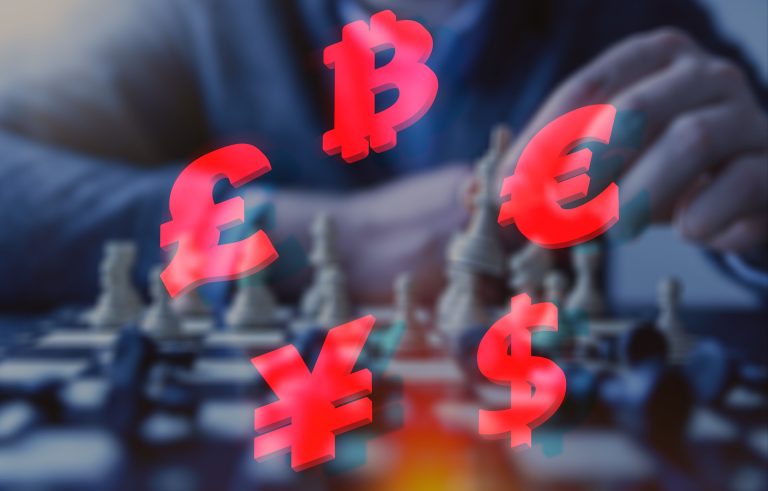The Pound Euro exchange rate has been gradually decreasing over the past week, due to the lack of positive news coming from the UK economy. The Office for National Statistics reported that UK Retail Sales increased by 0.5% in January, after a fall in the previous month. However, compared to the same period last year, there was a significant decline of 5.1%. With inflation currently above 10%, consumers in the UK are struggling with the cost of living crisis, which is affecting spending habits.
The UK inflation rate is close to a 40-year high and is showing no signs of slowing down. Energy prices remain high, and mortgages have increased due to the Bank of England’s decision to hike interest rates for the 10th time since December 2021. As a result, people in the UK are experiencing financial difficulties.
The decrease in UK retail sales can be attributed to the high cost of living, and it is one of the main reasons why consumers are reducing their spending. The Pound has weakened against the Euro, which is good news for those selling properties in Europe and needing to buy Pounds with Euros.
UK government bonds, known as gilts, are in demand relative to peers in the US and Eurozone, after UK CPI inflation fell to 10.1% year-on-year for January, lower than the consensus expectation of 10.3%. Investors tend to buy bonds when they perceive more favourable inflationary conditions ahead, as this lowers the risk of their value being eroded.
Core inflation dropped to 5.8%, which was below the 6.2% estimate. This caused the Pound to fall by more than 1.0% against the Dollar and 0.60% against the Euro. Demand for gilts pushed their yield lower, which has a mechanical drag on the value of the Pound, as capital flows to where yields can provide greater returns.
The recent recovery in the GBP/EUR exchange rate was driven by the faster appreciation in UK bond yields relative to German counterparts. However, this dynamic is intact and has led to a reversal in yields and GBP/EUR in the wake of the UK’s inflation numbers.
Looking ahead to next week, Thursday could be a significant day for GBPEUR exchange rates. This is due to the release of Eurozone inflation figures in the morning and US GDP figures for the fourth quarter in the afternoon. As the US is the world’s leading economy, any significant release, such as GDP, can have a significant impact on the foreign exchange markets. Therefore, it is essential to pay close attention to what may happen towards the end of next week.







































